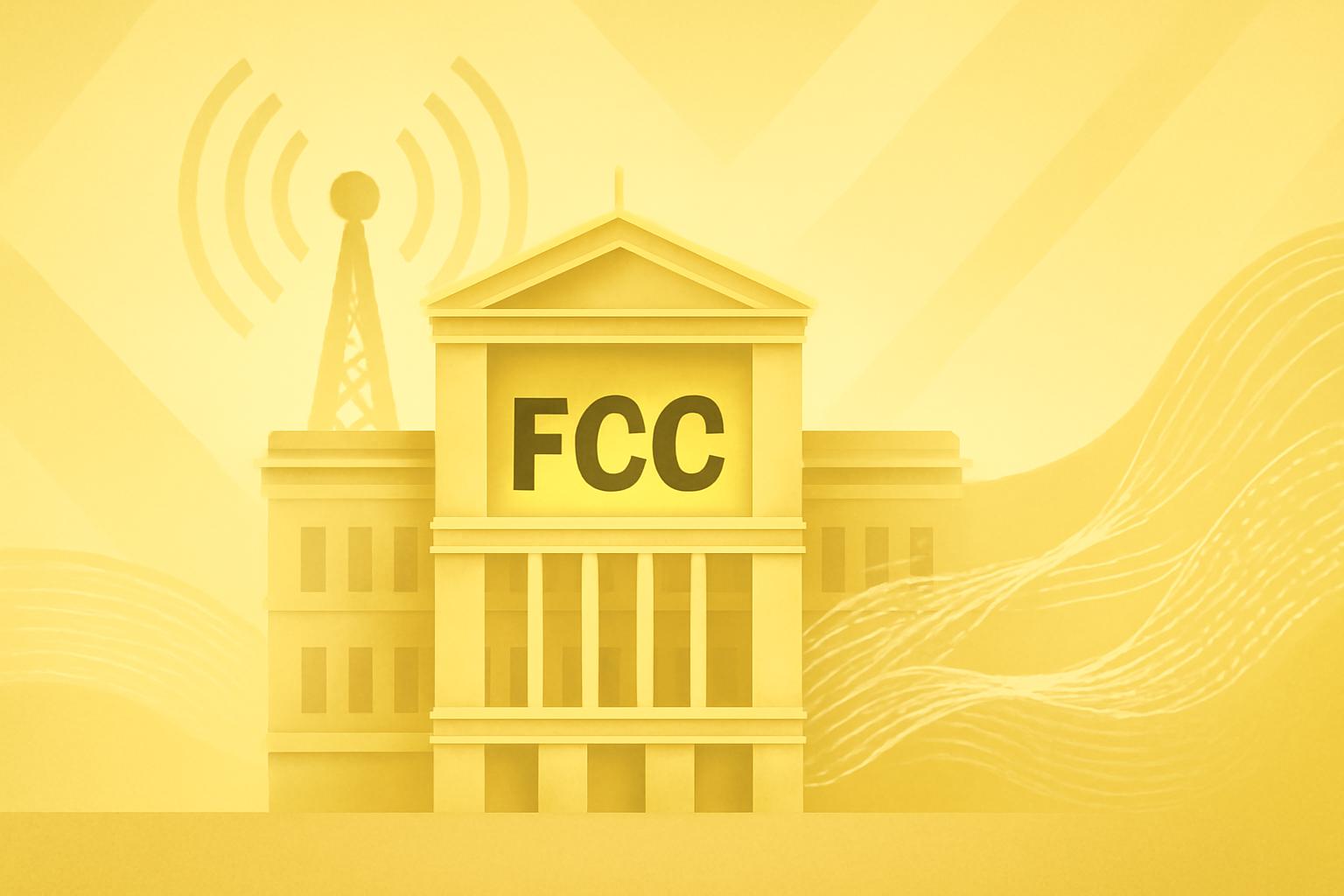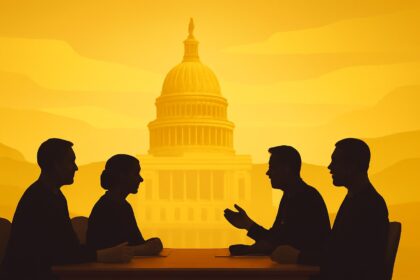Understanding Broadcast Licenses and Their Regulatory Role
Broadcast television networks such as ABC, CBS, NBC, and Fox operate under licenses granted by the Federal Communications Commission (FCC). These licenses authorize stations to use public airwaves, providing free over-the-air service accessible via antennas. Unlike pay-TV channels or streaming services, broadcast stations are mandated by law to operate in the “public interest, convenience and necessity.” This obligation traditionally involves airing programming that addresses the needs and concerns of local communities.Trump and FCC Chair Brendan Carr’s Threats to Revoke Licenses
In September 2025, President Donald Trump publicly suggested that broadcast licenses should be revoked from stations perceived as biased against him, citing a claimed 97% negative media coverage. FCC Chair Brendan Carr echoed these sentiments, focusing on the legal requirement that broadcasters serve the public interest. Carr criticized “Jimmy Kimmel Live!” for comments linking a political assassination suspect to Trump’s MAGA movement, framing the remarks as misleading and potentially grounds for license reconsideration.“If you’re going to have a license to be a broadcaster, it comes with something called ‘you have to serve the public interest.’ If you don’t want to do that, that’s OK,” Carr stated, suggesting that broadcasters could return their licenses and move to podcasting or streaming platforms instead.
Contents
Legal and Procedural Complexities of License Revocation
Revoking a broadcast license is a complex, multi-step process involving investigations, hearings, and potential legal challenges. Experts emphasize that political content or perceived bias has not traditionally been grounds for license forfeiture. Roy Gutterman, communications law expert at Syracuse University, noted that FCC enforcement typically targets issues like insufficient children’s programming or obscenity, not political speech. He called the current threats “unprecedented,” stressing that responsible use of airwaves should not be conflated with political censorship.Industry Context: Consolidation and Market Pressures
The broadcast TV industry faces significant challenges amid declining pay-TV subscriptions and competition from streaming services. Local station groups such as Nexstar and Sinclair have expanded through acquisitions but remain subject to FCC ownership caps. Nexstar recently announced it would preempt “Jimmy Kimmel Live!” on its ABC-affiliated stations following controversial remarks, illustrating how station owners are navigating political and public pressures. The FCC, under Carr’s leadership, has indicated support for relaxing ownership restrictions, potentially enabling mergers like Nexstar’s $6.2 billion deal with Tegna. Such consolidation efforts aim to adapt the traditional broadcast model to evolving market realities.Market and Regulatory Implications
President Trump and the FCC’s public threats to revoke broadcast licenses underscore the tension between political influence and regulatory authority in U.S. media. While the FCC has the legal power to enforce public interest obligations, wielding this authority over political speech could trigger significant legal and constitutional challenges. The industry’s ongoing consolidation and shifting revenue streams further complicate this landscape, as station owners balance regulatory compliance with commercial pressures.FinOracleAI — Market View
The recent discourse around revoking broadcast licenses highlights the fragility and complexity of the regulatory framework underpinning U.S. broadcast media. Key considerations include:- Opportunities: Potential deregulation of ownership caps could enable industry consolidation, improving operational efficiencies and financial resilience amid market disruption.
- Risks: Political interference in license enforcement risks undermining FCC independence, inviting protracted legal battles and uncertainty for broadcasters.
- Ongoing shifts in consumer behavior toward streaming and pay-TV alternatives pressure traditional broadcast revenue models, necessitating strategic adaptation.
- Local affiliates’ decisions to preempt controversial programming may signal increased self-regulation to mitigate regulatory risks.













